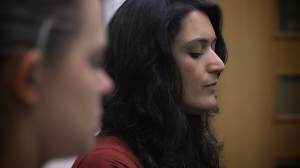Last autumn, during October 2017, I had the fun and privilege of being filmed with Drs Chris van Tulleken (@DoctorChrisVT), Susan Bogels @SusanBogels and Esther De Bruin as part of a documentary “The Doctor Who Gave Up Drugs” filmed by Raw TV, an award winning production company, for BBC One.
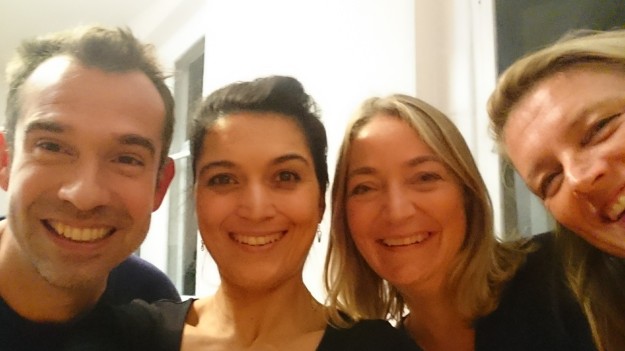
(From left to right) Dr Chris van Tulleken (right), me, Susan and Esther after the last session of filming with the parents and children.
I worked with Susan and Esther, the founders of MYmind an intervention that uses mindfulness to help children with ADHD and their families. My roles was to run the mindful parenting sessions for the parents. This took place while the children were learning mindfulness with Susan and Esther in another room. I also created the audio recordings that the parents listened to with their children at home so that they could continue practicing mindfulness during the week, between the sessions.
I am proud and delighted that we were able to help parents use mindfulness to help their children with ADHD develop attention skills, improve emotional regulation and be better able to manage in school.
The Doctor Who Gave Up Drugs Series 2 Episode 1 aired on BBC yesterday and if you live in the UK you can still see it on iPlayer here.
It was wonderful to work with the parents of the children and share part of their journey with mindfulness and I hope that their experiences may be shared with others.

Here I am with the parents who were part of the documentary.
If you are interested in the mindfulness training programme, MyMind for ADHD, you can find out more here. I was involved because I took part in this training and have experience teaching mindfulness in schools and to children and families.
If you are interested in knowing more about mindfulness, MYmind and ADHD for children and their families, please get in touch with me.

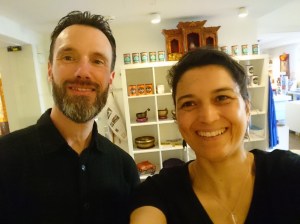
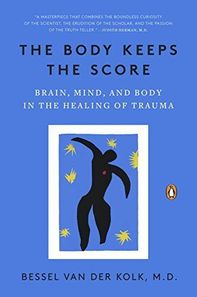 Some of you may have heard of the work of
Some of you may have heard of the work of 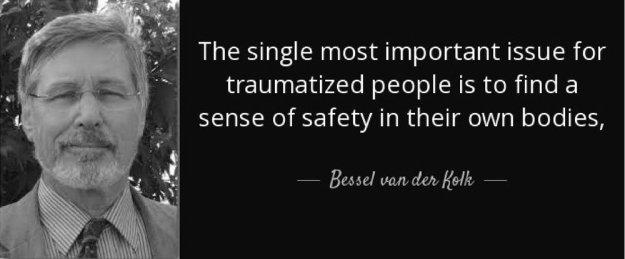
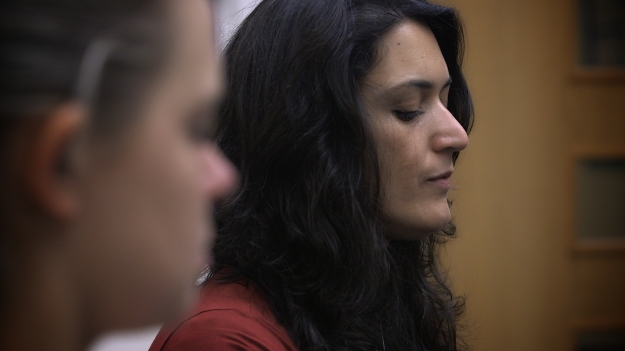
 My first book on mindfulness is now
My first book on mindfulness is now 